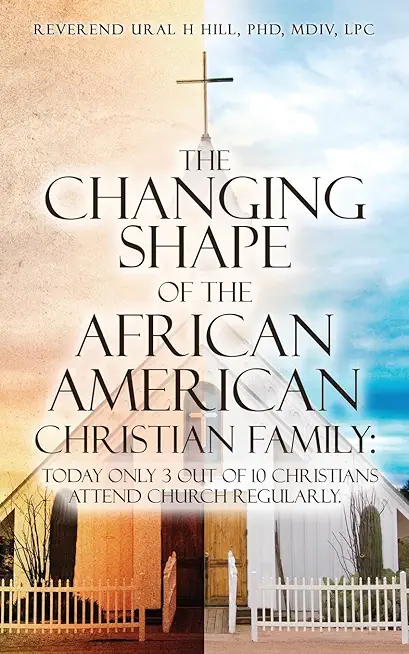
Olajide, Florence
product information
description
6This inspiring memoir tells the story of one woman's self discovery while surviving poverty, loss, loneliness, maltreatment, and fighting to get an education. A generation of Nigerian children were born in Britain in the fifties and sixties, privately fostered by white families, then taken to Nigeria by their parents. Coconut is the story of one of those children. 1963, North London. Nan fosters one-year-old Florence Ọlájídé and calls her Ann. Florence adores her foster mother more than anything but Nan, and the children around her, all have white skin and she can't help but feel different. Then, four years later, after a weekend visit to her birth parents, Florence never returns to Nan. Two months after, sandwiched between her mother and father plus her three siblings, six-year-old Florence steps off a ship in Lagos to the fierce heat of the African sun. Swapping the lovely, comfortable bed in her room at Nan's for a mat on the floor of the living room in her new home, Florence finds herself struggling to adjust. She wants to embrace her cultural heritage but doesn't speak Yoruba and knows nothing of the customs. Clashes with her grandmother, Mama, the matriarch of the family, result in frequent beatings. Torn between her early childhood experiences and the expectations of her African culture, she begins to question who she is. Nigerian, British, both?
member goods
No member items were found under this heading.
Return Policy
All sales are final
Shipping
No special shipping considerations available.
Shipping fees determined at checkout.







